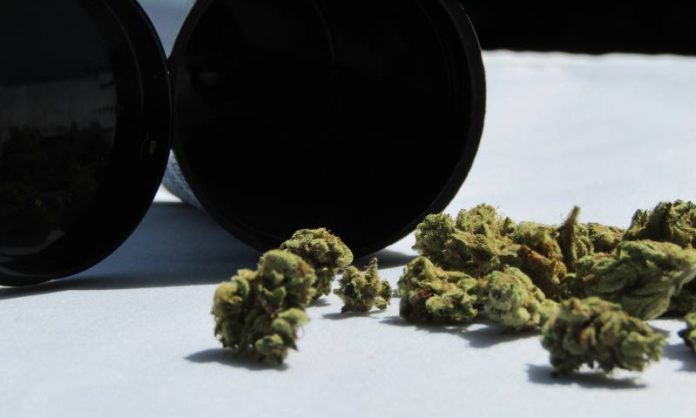Results from a survey indicate patient awareness on the use of cannabis and driving leaves a lot to be desired.
A University of Michigan team carried out a survey of 790 Michigan medical cannabis users – and the results are cause for concern.
51 percent of those taking cannabis to manage chronic pain reported they drove while a “little high” and 20% reported driving while “very high” in the previous six months. It’s very troubling given driver reaction time and coordination may be slowed down while under the influence.
“There is a low perceived risk about driving after using marijuana, but we want people to know that they should ideally wait several hours to operate a vehicle after using cannabis, regardless of whether it is for medical use or not,” said Assistant Professor of Psychiatry Erin E. Bonar, Ph.D, who was lead author of the accompanying study. Professor Bonar is also a practicing clinical psychologist at University of Michigan Addiction Treatment Services.
56% of survey respondents had gotten behind the wheel within 2 hours of using
cannabis at some point in the previous 6 months.
Professor Bonar recommends people shouldn’t drive the same day they’ve used
cannabis. But it’s important to note that there are all types of medical
cannabis and it’s a particular compound, THC, that is of concern as it can intoxicate.
Another major cannabinoid, CBD (cannabidiol) is non-intoxicating. However, for
pain relief, THC appears to be most effective. As to its potential impacts on
driving, like alcohol it’s the dose that matters – and that will vary from
individual to individual.
It also should be noted that the survey was carried out among those seeking medical cannabis certification or recertification for moderate/severe pain during February 2014 through June 2015 at Michigan medical cannabis clinics. So, it’s coming up for being 3 year old data. Whether awareness among medicinal cannabis users regarding the potential impacts on driving ability has grown since then is not clear.
The Professor also expressed serious concerns given Michigan has recently allowed recreational cannabis use.
The University of Michigan study was recently published in the journal Drug and Alcohol Dependence.
It’s a tricky issue, and one that is also being grappled with in other countries.
In Australia in 2017, South Australia’s Police Minister said patients would need to ensure there was no THC in their system before driving. However a Statutes Amendment (Drink and Drug Driving) Bill 2017 introduced a defence for registered users of approved medical cannabis products in the instance of drug driving offence involving THC, assuming certain conditions were met.


